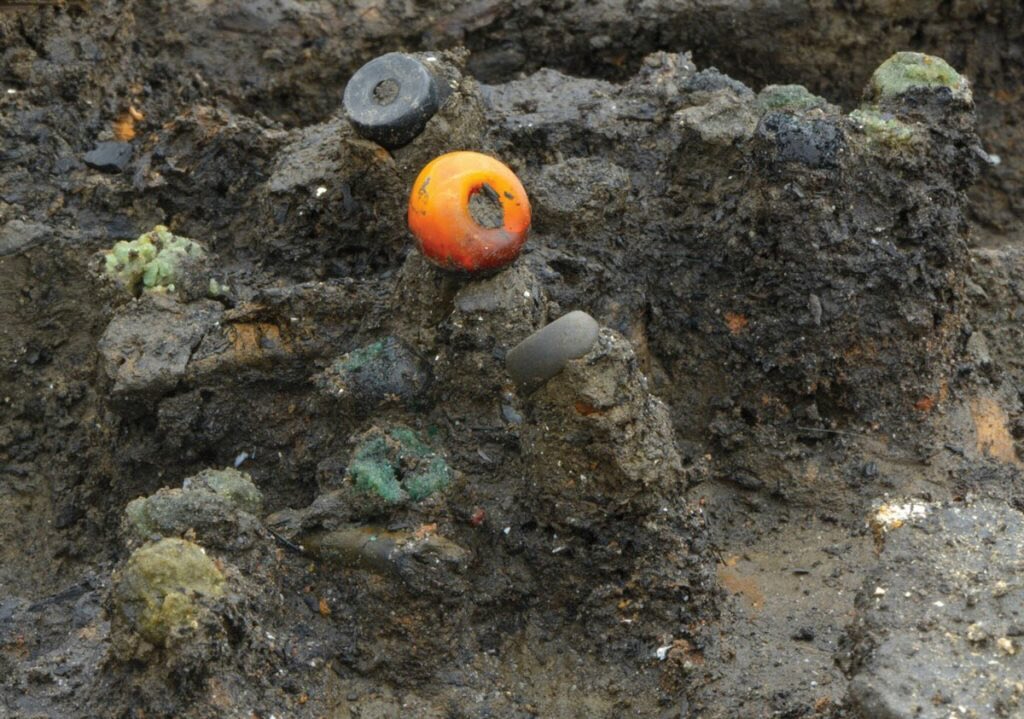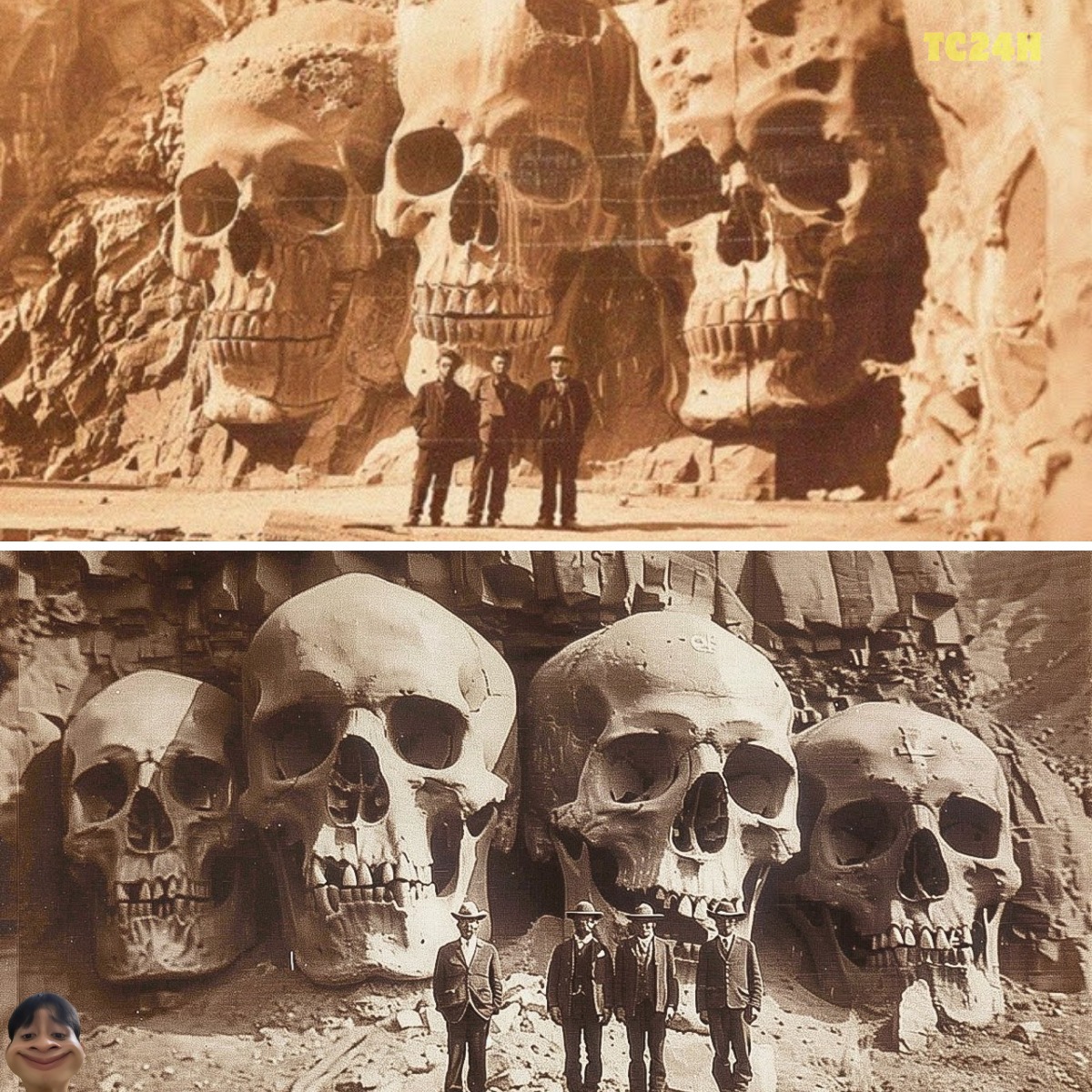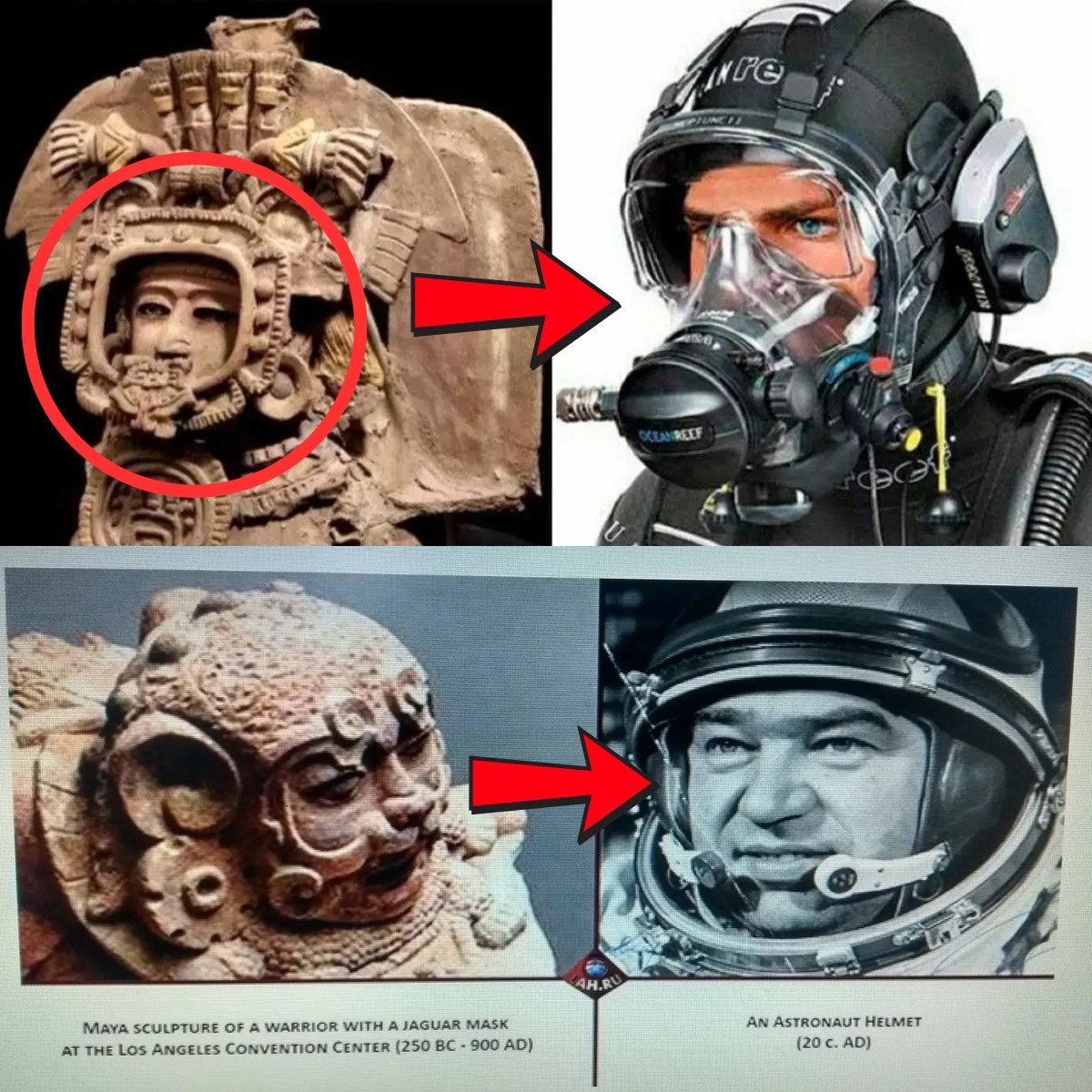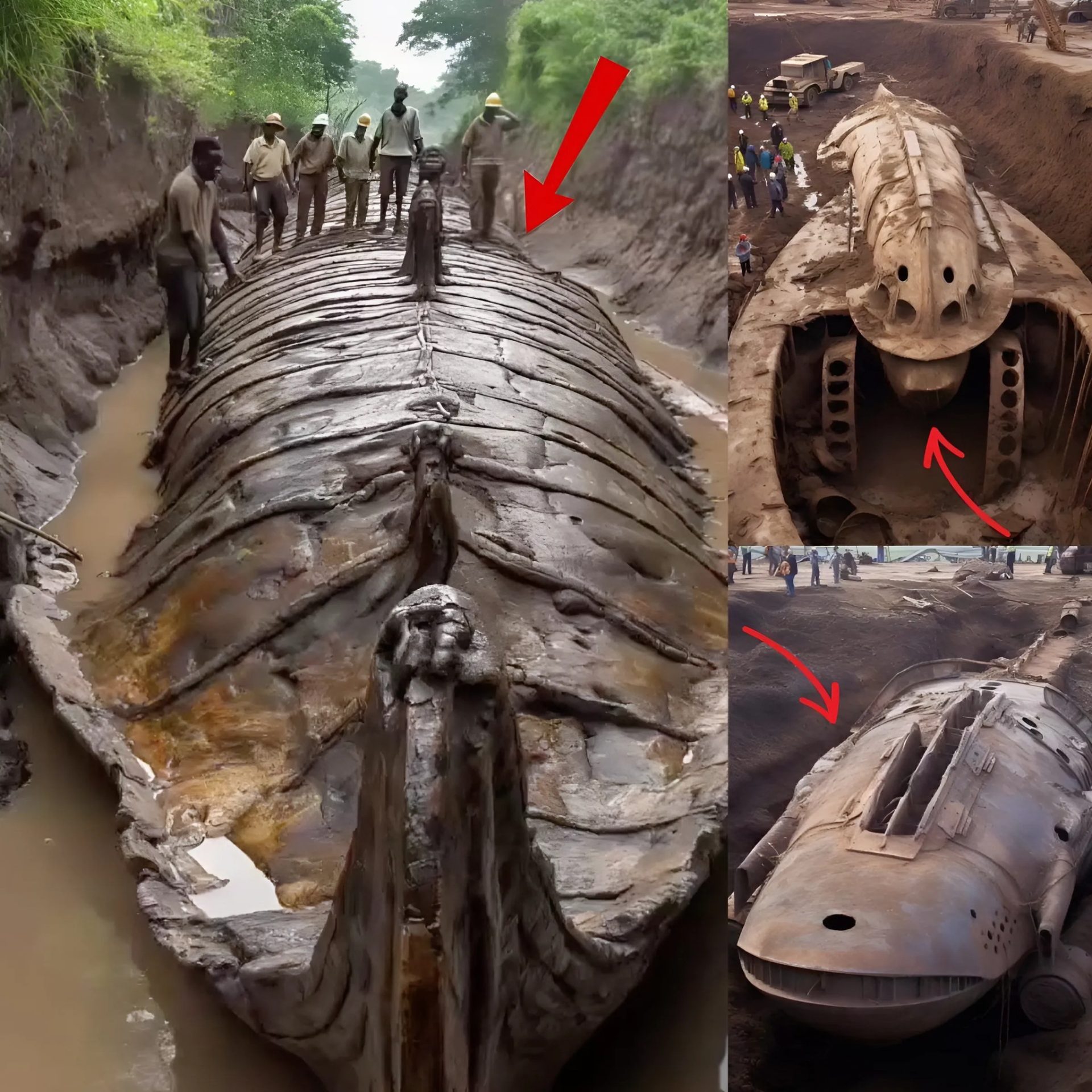An astonishing discovery of a collection of Roman silver denarii in Tuscany has raised speculations that the treasure might have been buried during a tumultuous era marked by civil unrest. The denarii are believed to have been concealed during the reign of Lucius Cornelius Sulla, a prominent military general who served as the dictator of the Roman state from 82 to 79 B.C.

The unearthing of this remarkable hoard has shed light on a significant period in Roman history. Lucius Cornelius Sulla, known simply as Sulla, played a pivotal role in the late Roman Republic’s political and military landscape. He rose to prominence as a commander during the Social War and went on to become a key figure in the infamous conflict between Marius and Sulla, commonly referred to as the Sullan Civil War.

Sulla’s dictatorship marked a turning point in Roman governance. During his reign, he implemented sweeping political reforms and consolidated power in a manner that had not been seen before. His tenure was characterized by political purges, land confiscations, and redistribution of wealth, all of which were aimed at restoring what he saw as the traditional Roman order.

The discovery of the Roman silver denarii in Tuscany provides a tangible connection to this tumultuous period. The hoard, believed to have been buried during Sulla’s reign, hints at the precariousness of the times and the uncertainty that plagued Roman society. It is likely that the owner of the denarii sought to safeguard their wealth amidst the chaos and upheaval of civil war.
The silver denarius was the principal silver coin of the Roman Republic and later the Roman Empire. It held great economic and symbolic significance, serving as a medium of exchange and a reflection of Roman power and authority. The hoard’s discovery thus offers a glimpse into the economic transactions and financial practices of the era, as well as the immense wealth that circulated within the Roman state.

Archaeologists and historians are now meticulously studying the uncovered denarii to glean insights into the period of Sulla’s dictatorship. The coins provide valuable clues about the artistic styles, inscriptions, and historical context of the time, contributing to our understanding of ancient Roman coinage and the broader historical narrative.
The unearthing of the Roman silver denarii in Tuscany is a remarkable archaeological find that adds another layer of knowledge to our understanding of Roman history. It highlights the interplay between politics, wealth, and preservation during a time of significant upheaval and sheds light on the legacy of Lucius Cornelius Sulla, a complex figure whose actions shaped the course of the Roman Republic.




